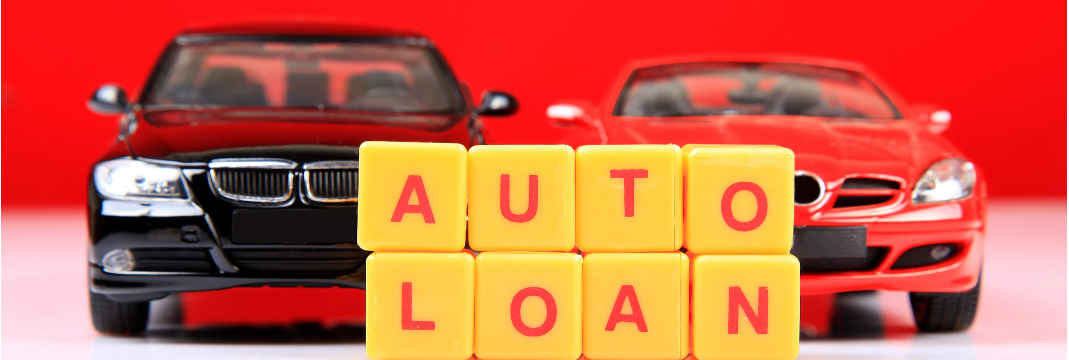Getting a decent deal on a car loan can be hard when you have bad credit.

How to Buy a Car with Bad Credit
You’re in a tough spot, and it seems like there’s a whole army of dishonest “Bad Credit, No Credit, No Problem” dealers and lenders out there just waiting to take advantage of you. But here’s the good news: People with bad credit can find cars and financing if they’re willing to do some homework and shop around a bit.
Here’s how consumers with credit problems can still get a decent deal on a new set of wheels.
-
Check your credit yourself
Consumers who think they have bad credit should start their car-shopping efforts by getting copies of their credit reports at least a month before even stepping into a dealer’s showroom. After all, knowing what’s in these reports — and making sure all information is correct — can help you keep dishonest car dealers or loan brokers from putting you into worse loans than you deserve. If you’ve ever had a credit card, car loan, student loan, mortgage or other debt, chances are credit bureaus Equifax, Experian and TransUnion each have their own credit report on you. But under federal law, they must each give you a free copy of their reports once per year. To get your free copies, go to the industry’s official AnnualCreditReport.com Web site. (Beware of imitators with similar URLs.) Carefully check all three bureaus’ reports for errors or negative information that’s more than 7 years old. If you find any problems, AnnualCreditReport.com has online tools to help you correct them.
Once you’ve corrected all errors, you should buy a copy of your “FICO” credit score (named for the credit-software firm originally called Fair, Isaac & Co.). FICO scores normally come with your credit report, but federal law doesn’t require credit bureaus to give you them for free. However, you can buy a copy of your score for around $20 from Equifax.com or MyFico.com (Both also sell packages that include a free FICO score plus some credit-monitoring services that you might or might not want.) FICO scores run from 300 to 850, and people with high scores pay much lower interest rates than those with low ones.
-
Don’t deal with bad-credit specialists
Once you’ve checked out your credit situation, deal with mainstream auto dealers and lenders. Good dealers will usually put customers with bad credit into high-interest loans, but some bad-credit specialists will stick you into deals that are virtually designed to fail. Miss one or two payments on such a loan, and a bad dealer will be looking to repossess the car. That’s because “repos” often involve big fees that serve as a major source of income for dishonest dealers. Another thing to watch out for: Some dealerships will imply that you need to buy extended warranties, clear coating or other expensive (and often unnecessary) add-ons if you want financing. You don’t.
-
Explore non-profit lenders
As an alternative, look for a nonprofit lender that offers personal loans. The Capital Good Fund, for instance, offers loans of up to $2,000 in Rhode Island for a variety of purposes, including the purchase or repair of a vehicle or paying off high-interest debt. They are an example of a United States Treasury certified Community Development Financial Institution, or CDFI. Look up the nearest CDFI in your area to see if they can help you.
-
Rebuild your credit score
Perhaps the best way to buy a car with bad credit is to simply put off doing so until your credit improves. After all, most car shoppers can boost their credit scores to “prime” levels in 12 to 24 months through on-time payments of all bills — especially any existing automobile loans. If you can’t wait that long, consider purchasing an inexpensive car for now. You should also finance it with a 2- or 3-year car loan instead of a longer-term one if you can afford the higher monthly payments. You can find plenty of Cheap Cars and Cheap Trucks. Make on-time payments on the car and your other living expenses for a year or two, and your credit score should recover, letting you buy a better vehicle or refinance into a lower-interest loan.
You really should look at bad credit as a temporary problem, Bad credit doesn’t have to stay bad forever.